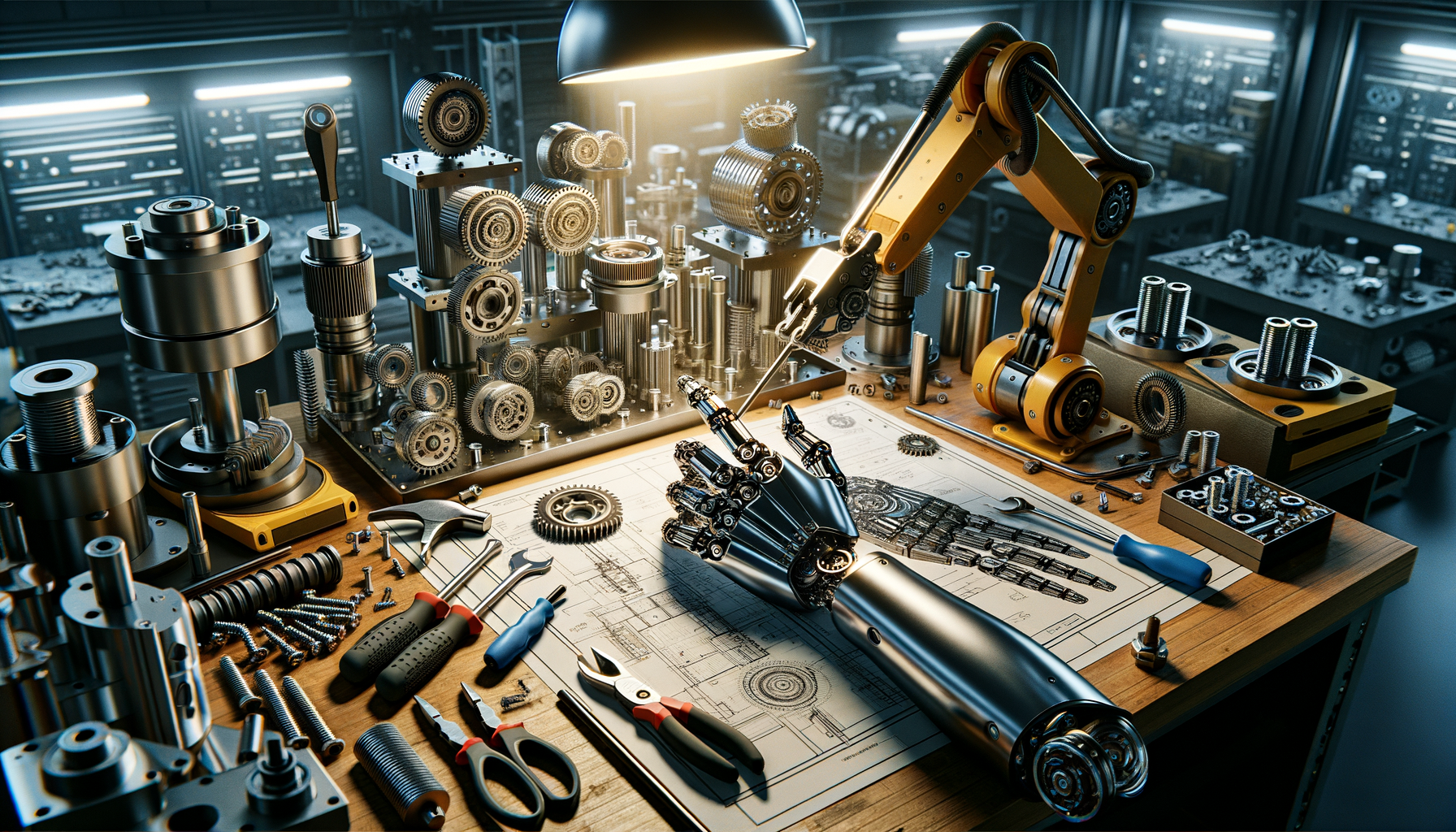Understanding the Role of Mechanical Engineers
Mechanical engineering is a cornerstone of innovation and development, particularly in a technologically advanced country like the Netherlands. Mechanical engineers are tasked with designing, analyzing, and manufacturing mechanical systems. Their work spans various industries, including automotive, aerospace, energy, and manufacturing. In the Netherlands, the demand for mechanical engineers is robust, driven by the country’s focus on sustainability and technological advancement.
Mechanical engineers in the Netherlands are expected to possess a strong foundation in mathematics and physics, as these are critical in understanding the principles of mechanics, thermodynamics, and structural analysis. Additionally, skills in computer-aided design (CAD) and familiarity with programming languages are highly valued, as they enable engineers to create and test prototypes efficiently.
The role of a mechanical engineer is not just limited to technical skills. Problem-solving, creativity, and effective communication are equally important. Engineers often work in teams and must convey complex technical information to non-engineers, making interpersonal skills a key component of their training.
Educational Pathways and Training Programs
The journey to becoming a mechanical engineer in the Netherlands typically begins with a Bachelor’s degree in Mechanical Engineering or a related field. Many universities in the Netherlands offer programs that are recognized globally for their quality and rigor. These programs usually cover a broad range of topics, including fluid mechanics, materials science, and control systems.
Beyond undergraduate education, aspiring mechanical engineers may pursue a Master’s degree to specialize in areas such as robotics, renewable energy, or product design. Graduate programs often include opportunities for research and internships, providing students with hands-on experience in their chosen field.
Practical training is a critical component of mechanical engineering education. Many institutions collaborate with industry partners to offer internships and cooperative education experiences. These opportunities allow students to apply theoretical knowledge in real-world settings, gaining insights into industry practices and building professional networks.
Continuing Professional Development
In a rapidly evolving field like mechanical engineering, continuous learning is essential. The Netherlands offers various avenues for professional development, including workshops, seminars, and online courses. These programs help engineers stay updated with the latest technologies and methodologies.
Professional organizations, such as the Royal Institution of Engineers in the Netherlands, provide resources and networking opportunities for engineers to connect with peers and industry leaders. Membership in such organizations often includes access to publications, conferences, and training sessions.
Moreover, many companies encourage their engineers to pursue certifications and advanced training. This not only enhances their skill set but also increases their value to employers. Certifications in areas like project management or specific software tools can differentiate engineers in a competitive job market.








